4 Tips to Help Clients with ABA Legal Code of Ethics
Personal injury clients face many challenges as they seek compensation for their losses. Most will be entering this unfamiliar world for the first time, struggling to deal with the complexities of care plans and legal matters.
Of course, every good PI lawyer wants to go the extra mile to get the best client outcomes. Yet doing this while staying within ABA ethics guidelines can be challenging.
For example, the rules state that “a lawyer shall not provide financial assistance to a client in connection with pending or contemplated litigation.”
However, there are definitely areas where you can offer meaningful help without breaking the rules. And perhaps the most significant of these are transportation and pharmacy.
Transportation and Pharmacy Help Ideas
Gaps in treatment are a red flag that can cause significant problems further down the track. So it’s in everyone’s interest that clients stay on track with their care plans.
“If clients stop getting treatment, the chances of achieving a fair settlement are greatly reduced,” says Dr. Survam Patel, Managing Partner of Compliant Clients. “This is true even if they resume treatment later on. So it’s in everyone’s interest to help clients attend appointments and get the right medications.”
Fortunately, there are many ways you can assist clients with both their transportation and pharmacy needs. And you can do both without breaching the code of ethics. Here are a few options for lending a helping hand compliantly.
Ask if they need help
The best place to start helping clients is right at the beginning of the process. On your case intake form, include questions that cover care plan matters. For example, ask them if they are likely to need help with transportation or getting medications. This will make it easy to spot clients at risk of experiencing treatment gaps. Forewarned is forearmed, so you are then in a position to nip the problem in the bud. You can make arrangements to help, either using in-house resources or partnering with a specialist provider.
Arrange transportation to avoid treatment gaps
People sometimes miss appointments simply because they don’t have reliable transportation options. They may have to share a vehicle with another family member or may not have access to a vehicle at all. Relying on public transportation means they are vulnerable to service delays and cancellations. Taxis or ride-sharing services may stretch their budget, causing them to skip appointments to save money. And if they have to attend a medical appointment in a distant location, significant expense may be involved. The simple solution is to take the problem off their hands. By working with a transportation provider, you can eliminate all their ride worries and get them to appointments on time, every time.

Ask if they need help
The best place to start helping clients is right at the beginning of the process. On your case intake form, include questions that cover care plan matters. For example, ask them if they are likely to need help with transportation or getting medications. This will make it easy to spot clients at risk of experiencing treatment gaps. Forewarned is forearmed, so you are then in a position to nip the problem in the bud. You can make arrangements to help, either using in-house resources or partnering with a specialist provider.
Arrange transportation to avoid treatment gaps
People sometimes miss appointments simply because they don’t have reliable transportation options. They may have to share a vehicle with another family member or may not have access to a vehicle at all. Relying on public transportation means they are vulnerable to service delays and cancellations. Taxis or ride-sharing services may stretch their budget, causing them to skip appointments to save money. And if they have to attend a medical appointment in a distant location, significant expense may be involved. The simple solution is to take the problem off their hands. By working with a transportation provider, you can eliminate all their ride worries and get them to appointments on time, every time.
Provide pharmacy cards so they can get meds easily
For some clients, filling prescriptions can be a problem. They need an easy way to get prescribed medications without being out of pocket. Otherwise, there’s a real danger they will skip treatment. Of course, this could have serious consequences for both their health and legal position. Once again, there is a simple solution. And it’s one you can implement without burdening your staff or your finances. The answer is to work with a pharmacy partner offering nationwide prescription insurance coverage. This way, clients get a prescription Rx card they can use at the pharmacy of their choice. Getting their needed medications is simple and easy, so they are more likely to stick to their care plan.
Save time and money with transportation and pharmacy on lien
Many of the obstacles clients face with rides and medications are rooted in financial concerns. Even with insurance coverage, out-of-pocket costs add up quickly, significantly increasing the risk of treatment gaps. You can solve these problems at a stroke by offering transportation and pharmacy on lien. While it’s possible to do this on your own dime, a much better solution is to work with a partner who takes care of everything. Then clients get the help they need without placing financial strain on the client’s budget—or yours.
Work with the Professionals
Implementing all the above tips can be a challenge for a law firm, taking valuable time and resources away from more important casework. That’s why many personal injury attorneys choose to work with Compliant Clients.
We offer both transportation and pharmacy on lien, meaning we only get compensated when the case is settled. So it won’t cost you or your clients a cent to fix the above issues. We’ll schedule rides, provide coverage for injury-related medications, and keep people on track with their care plans.
“Building a strong personal injury case requires a lot of time, effort, and sweat equity,” says Dr. Patel. “It’s a real shame if the case is then undermined by avoidable problems such as missed appointments or skipped medications. It can mean settling for less than the client deserves—or even losing the case altogether. We work with personal injury firms to eliminate these concerns.”
When you partner with Compliant Clients, we’ll schedule rides for clients and follow up to ensure they get to appointments. We also offer nationwide prescription insurance cards, so they can get their medications easily. Better still, we do all of this on lien so that the cost question doesn’t even arise.” Across the United States, more and more PI law firms are discovering that working with Compliant Clients has many significant benefits. Clients are happier and troublesome gaps in treatment are eliminated. Yet legal staff don’t have to waste time and money managing any of these issues. We take care of everything while you focus on building cases.
To find out more about working with Compliant Clients, contact us today.

